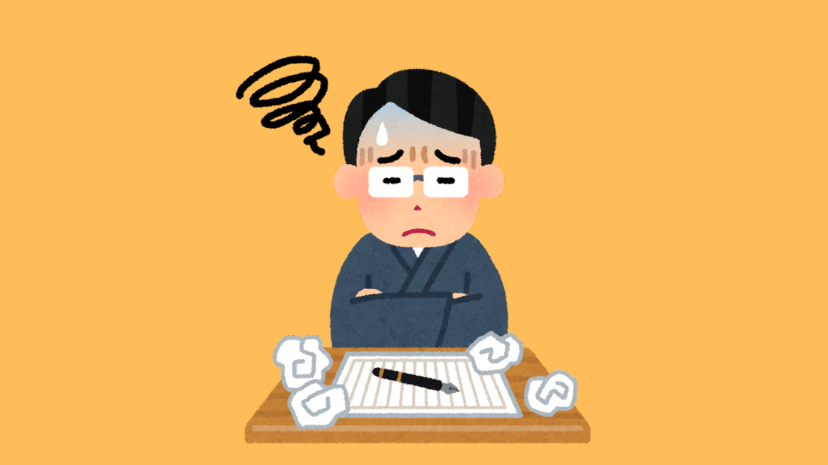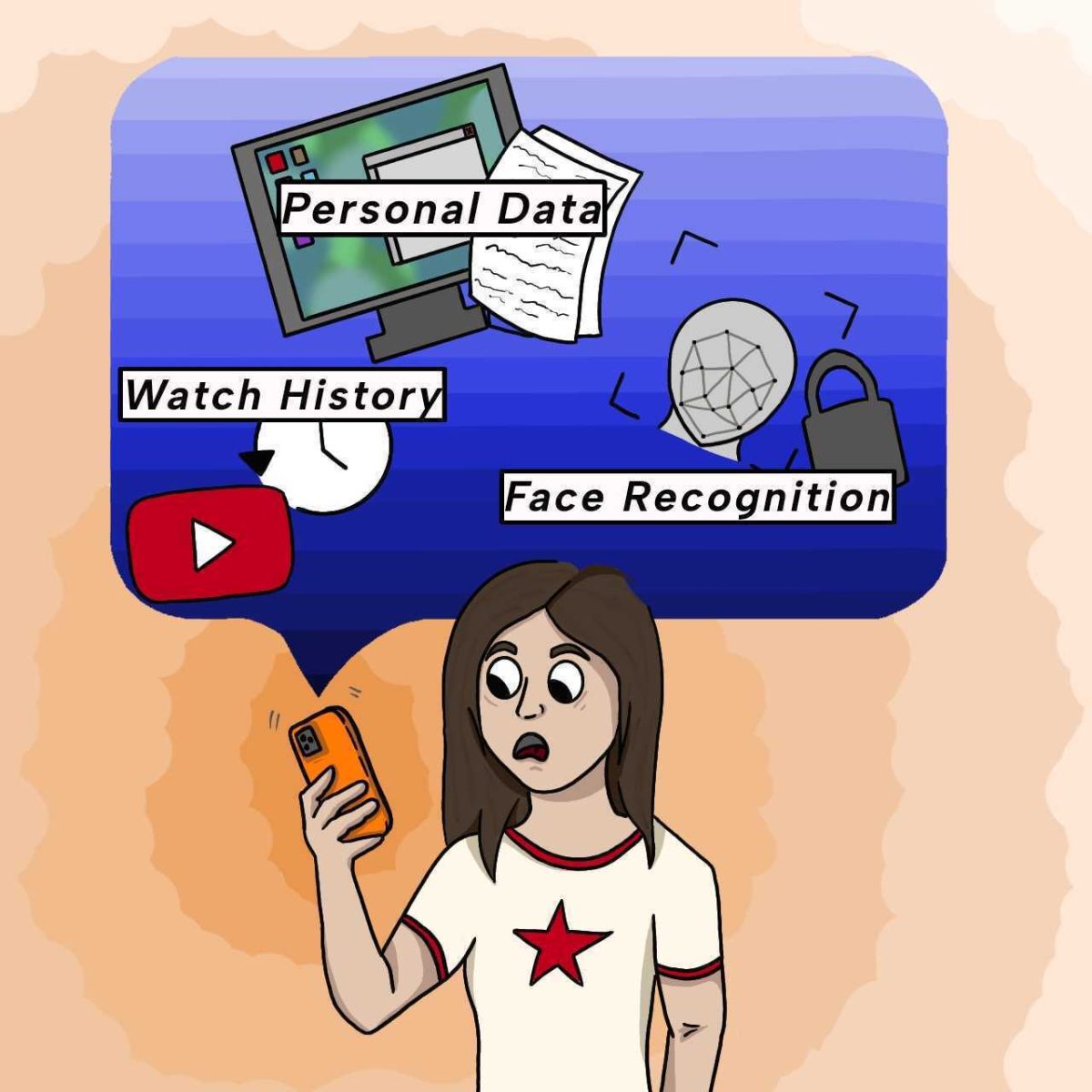Medication is one of the greatest advancements in the history of humankind. It has changed people’s ability to live healthy lives and done exponential good for those who take it. Of the different types of medication, those that provide support for mental health are as important as any others and should be recognized as legitimate treatments.
Mental health issues are commonly faced by people today. Around 1 in 5 adults experience some sort of mental illness every year, according to the National Alliance of Mental Illness.
Fortunately, we live in a day and age where mental health is better understood, and there are treatments available for people suffering. One of the most prevalent forms of treatment comes from oral medication.
Mental health medication comes in a variety of types, including antipsychotics and antidepressants.
For diseases such as depression and anxiety; SSRIs (Selective serotonin reuptake inhibitors), SNRIs (Selective norepinephrine reuptake inhibitors), Benzodiazepines and more work to stabilize mood and address chemical imbalances in the brain.
For afflictions like obsessive-compulsive disorder, they help to regulate the brain, for example through increasing serotonin which can decrease symptoms such as intrusive thoughts and high stress levels. This relief can help users feel more at peace as they function without the weight of their symptoms.
The effects of these medications can create a lot of positive change for the people who take them, according to the National Library of Medicine. Studies done on the effect of antidepressants in people with moderate to severe depression have yielded promising results.
In particular, there were studies that tested two groups of 100 people. One group was given antidepressants, while the other group was given a placebo. After six to eight weeks, it was found that 20 more people in the antidepressant group felt their symptoms improved as opposed to the placebo group.
These results also combat a false ideology that states mental health medication does not contain any actual benefits. While the placebo effect is a real thing and certainly plays a role in the treatment of mental health, there is still a gap in effectiveness between placebos and medication. For some patients, placebos are entirely ineffectual.
There are other stigmas surrounding the use of medication as well. Some see it as a weakness or failing on the part of the treatment recipient.
Laura Pittman, an associate professor in clinical psychology and director of clinical training at NIU, spoke on some of the stigmas that surround mental health and the use of medication.
“In some populations, some subgroups, medications are stigmatized in terms of, we should be able to take care of ourselves and pull ourselves up by our bootstraps and the mental health issues are not really there.” Pittman said, “And so I think for some individuals, there’s really a taboo about taking these kinds of medications.”
Pittman also stated that despite these stigmas, our knowledge of the causes of mental health issues has grown, and the research has evolved over past decades to show that medication can be incredibly helpful and should be encouraged.
“Our mental health disorders have a biological basis, and are physiological. Because we know there are part of this as physiological impacts of the stressors from society, we know that medication can be helpful.” Pittman said, “So there’s lots of research now supporting the evidence supporting that these medications can be helpful. And so we should be doing all that we can to help individuals that suffer from mental illness.”
Another criticism medication receives is the perception that taking pills can be considered an “easy out.” This is often used to downplay the impact of mental illness.
This perception is unfair.
Mental health medication shouldn’t be seen as an easy escape because it definitely is not just an automatic cure-all. Autumn Dancy, a senior stage tech bachelor of fine arts major , explained that medication alone doesn’t fix someone’s life. Instead medication will be most helpful in conjunction with effort from the patient.
“You can’t just hop on medication and hope for your life to get better, you have to actually put in the mental work,” Dancy said.
Mental health medication isn’t an automatic remedy, but it does help people a lot in their attempt to live a happy and healthy life. While the effort people put in is a huge factor, it is the use of medication that helps give them the ability to feel more balanced and relaxed in their brain. That help shouldn’t be frowned upon and should be seen no differently than any other kind of medication.
The encouragement to use medication is especially important when it comes to certain illnesses. Through her experience in psychology, Dancy has learned a lot about these disorders and how important medication is for people that struggle with them.
“Medication is heavily needed for certain disorders. Things such as schizophrenia and bipolar disorder typically need a med to keep that person at bay. And things such as depression and anxiety are better managed with medication,” Dancy said.
If people have an infection, they take antibiotics; if they have a cold, they take cough syrup. And if they are suffering from symptoms of mental illness, that medication is there to ease their suffering and allow them to live a healthy life. No one should be judged for making that choice to live a healthy life.
Mental health medication is a very good thing. With National Mental Health Awareness Month beginning today, we should take a moment to appreciate how far mental health medication has come, and we should not judge others for needing it.
It takes strength to get help, and if someone has the strength to get treatment and get on medication, they should be praised, not put down.




















